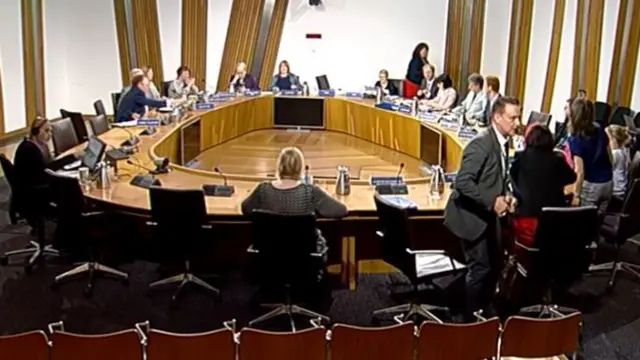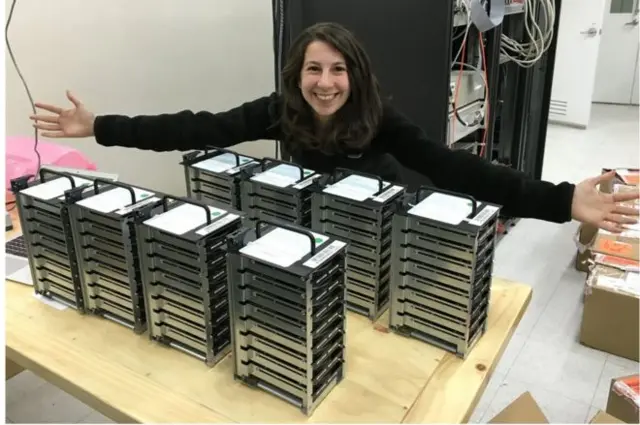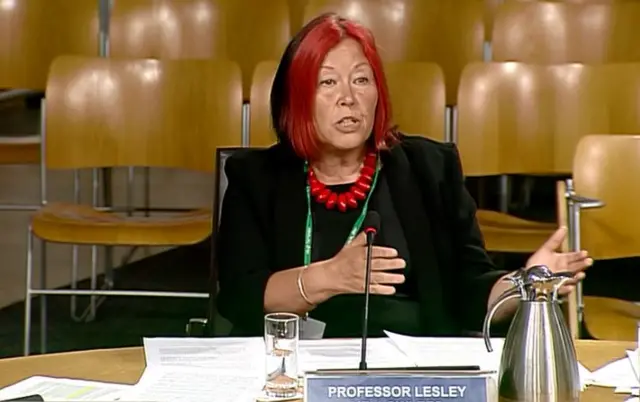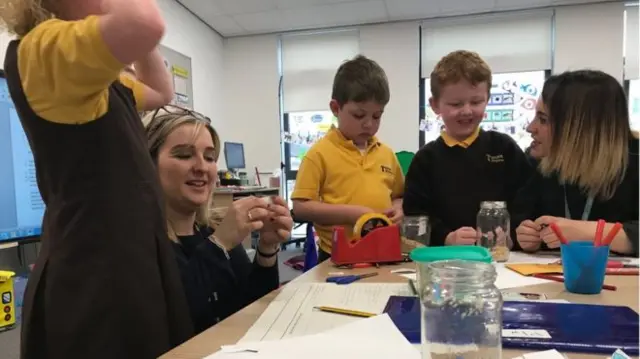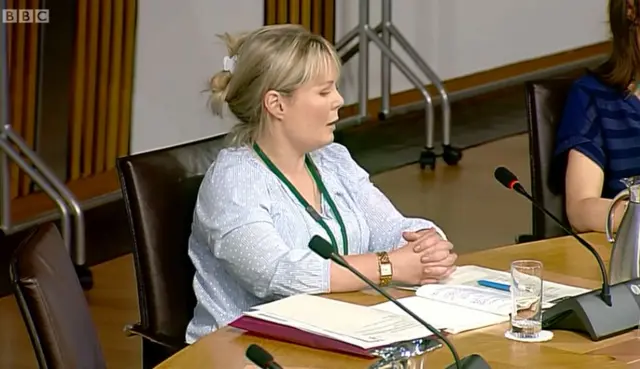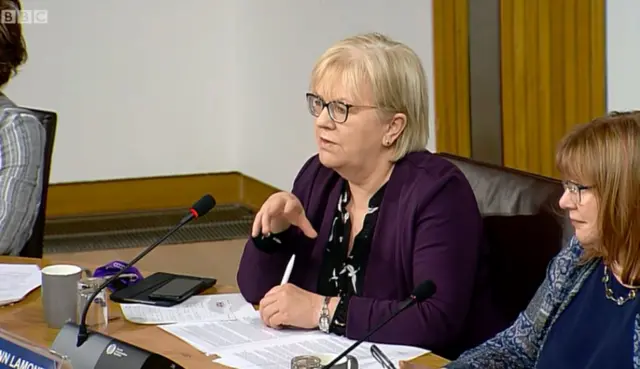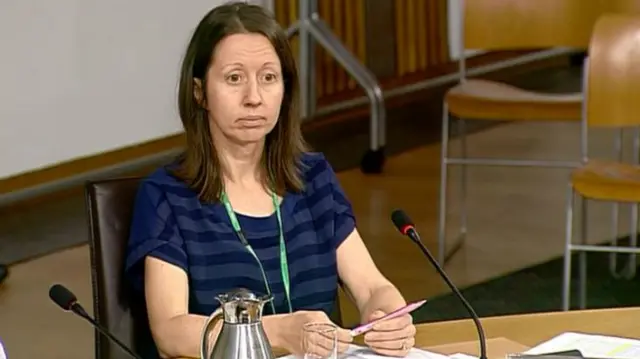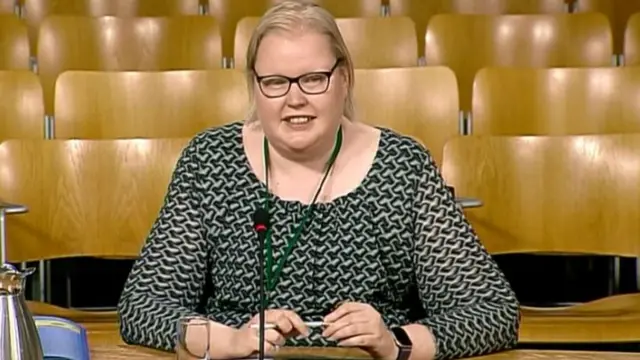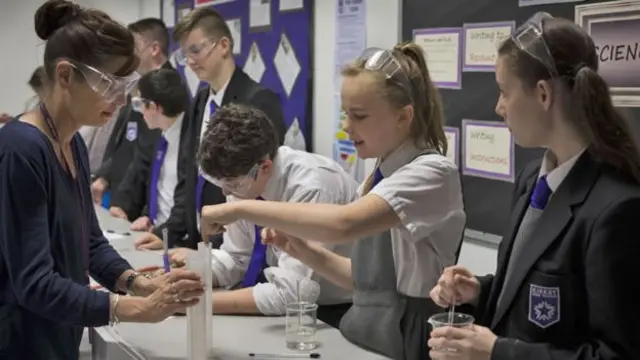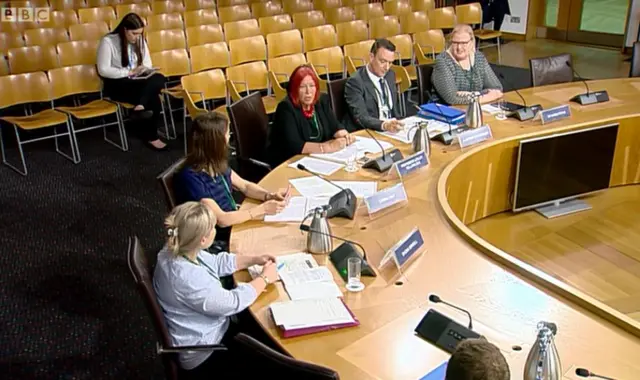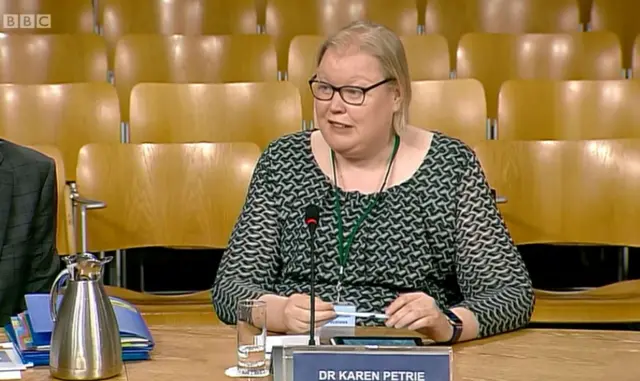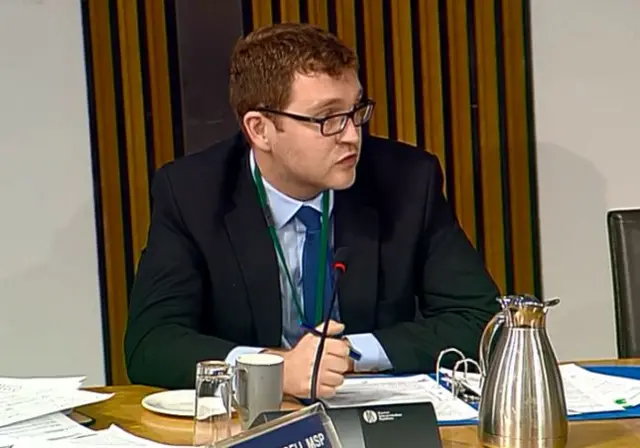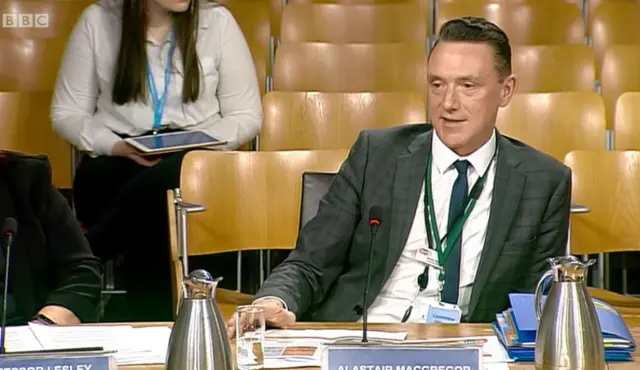Coming up...published at 11:45 BST 12 June 2019
The chamber will convene at an earlier time than usual for a Wednesday at 13:15 as Tory MSP Miles Briggs leads a debate on lung disease.
Portfolio questions will cover transport and justice.
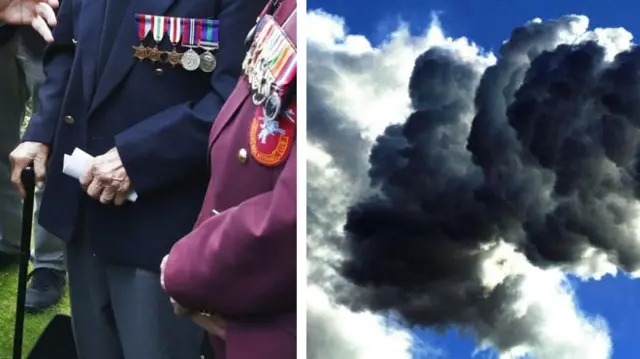 Image source, AFP/PA
Image source, AFP/PAThen Environment Secretary Roseanna Cunningham will make the annual greenhouse gas emissions statement, followed by Veterans Minister Graeme Dey providing an update on the veterans strategy.
MSPs will debate the Census (Amendment) (Scotland) Bill for the final time.
Ending the day is a member's debate on housing co-operatives led by Labour MSP Johann Lamont.
